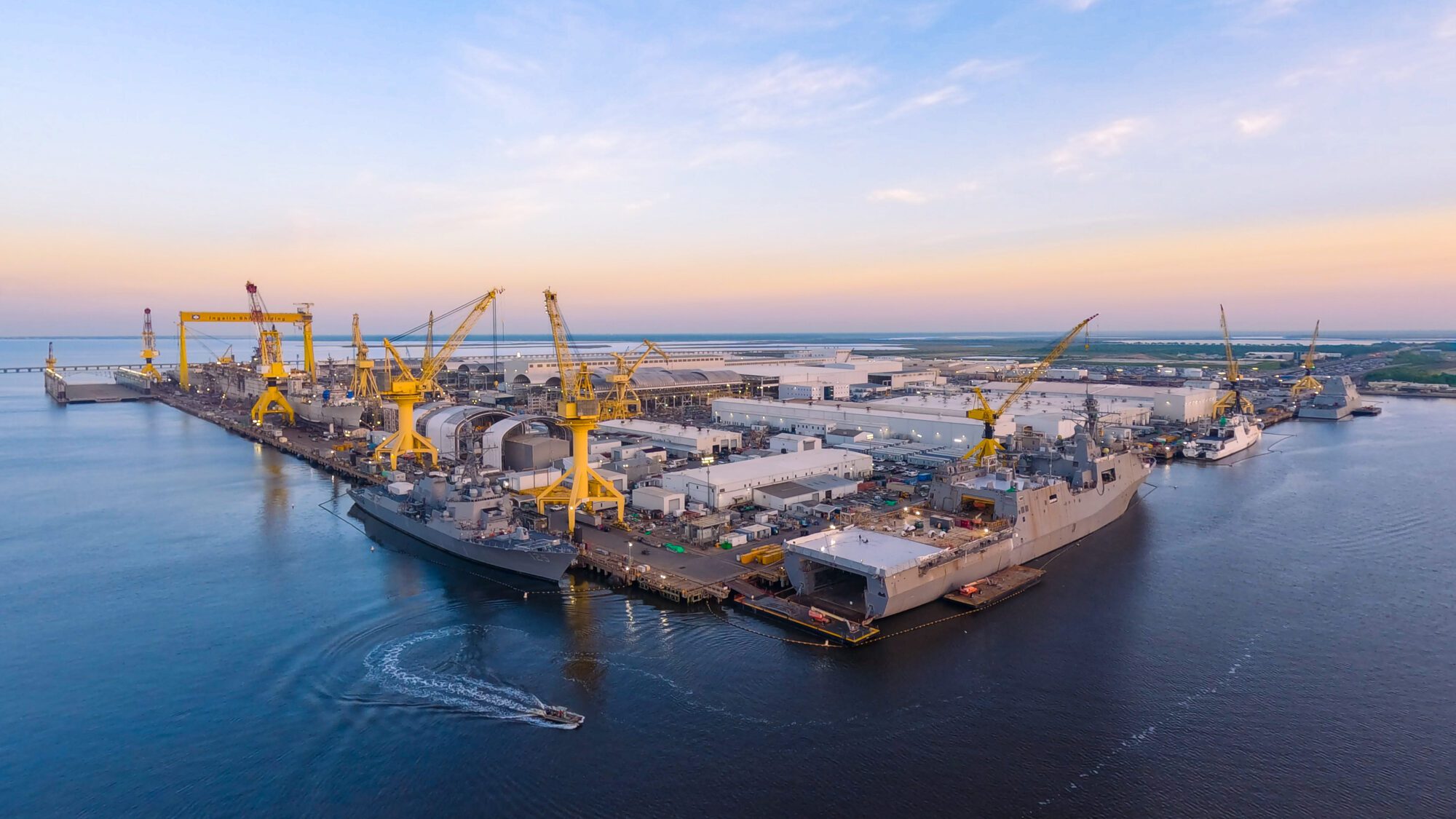BRIAN PERRY/Catfish and global health
The House of Representatives is not likely to join the Senate in repealing the USDA inspections. And regardless of the motivation, one week after the Senate vote a ship carrying Asian fish left an American port with its full cargo and returned to China rather than risk failing the USDA inspections; something that likely would not have happened under the FDA regime.
I believe in free trade and believe free trade can be achieved without putting American consumers at risk. But trade policies are complex in a global economy with disparate domestic rules. Countries with high corporate taxes, government mandated minimum wages, strict workplace safety standards, unionized labor and required benefits like healthcare make expensive products but compete with countries in poverty with no production oversight and people willing to work long hours for low pay and churn out cheap products. Competition comes down to quality and price. Quality includes consumer decisions on the practices of the producer or even brand loyalty. The stamp of “Mississippi Farm Raised Catfish” is a quality many rank above price.
Balancing free trade with government subsidies, production standards and product safety have been central to several trade battles including automotive exports, Canadian lumber, catfish and foreign steel. For example, the U.S. has higher standards for clean energy than China. The cost of clean energy is passed on through production. In the high energy consumption steel industry, China can import our coal, make steel (at an increased rate of global pollution) and ship the steel back to us cheaper than we can make it. We’ve chosen to accept that consequence for a cleaner domestic environment. But we would not be willing to accept steel so inferior buildings and bridges collapsed. If China sent us flawed steel that threatened American lives; we’d do something about it.
Madison County Journal
6/8/16






